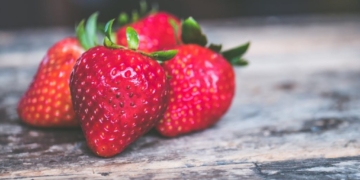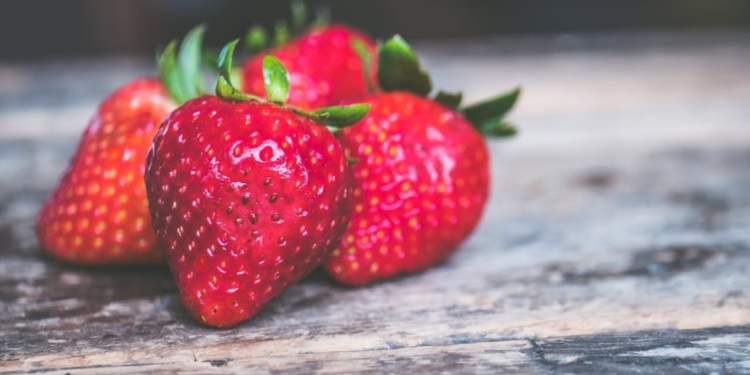

The researchers identified molecular markers for breeding programs, aiming to enhance the fruit’s weight, firmness, composition, and appearance.
They uncovered “significant” genetic markers linked to key fruit quality traits including weight, firmness, and glossiness.
Utilizing GWAS, the researchers identified 71 associations with 11 different quality traits, validating known markers and discovering new quantitative trait loci (QTL).
Three of the six selective sweeps identified are associated with glossiness and skin resistance which- traits that enhance fruit appeal and shelf life.
The French team says their findings demonstrate “substantial improvements” in breeding targets achieved across European and American cultivars.
The study also highlighted regions of reduced genetic diversity due to selection pressure, underscoring the impact of breeding on genetic variation.
Dr. Béatrice Denoyes, one of the lead researchers, says the research emphasizes the value of untapped genetic resources in European strawberries, offering “promising avenues” for breeding programs to enhance fruit quality without compromising flavor or color.
“This study offers a comprehensive view of strawberry genetic diversity and its impact on fruit quality,” she said.
“The identification of new genetic markers will significantly aid breeding programs focused on improving fruit traits that are important to both growers and consumers.”
Dr. Denoyes added: “The findings from this study have substantial implications for strawberry breeding programs.”
“By utilizing the newly identified genetic markers, breeders can more effectively select traits that enhance fruit quality, such as firmness and glossiness.”
“This will not only improve the consumer experience but also reduce post-harvest losses, contributing to more sustainable agricultural practices.”
Produced in association with SWNS Talker






















